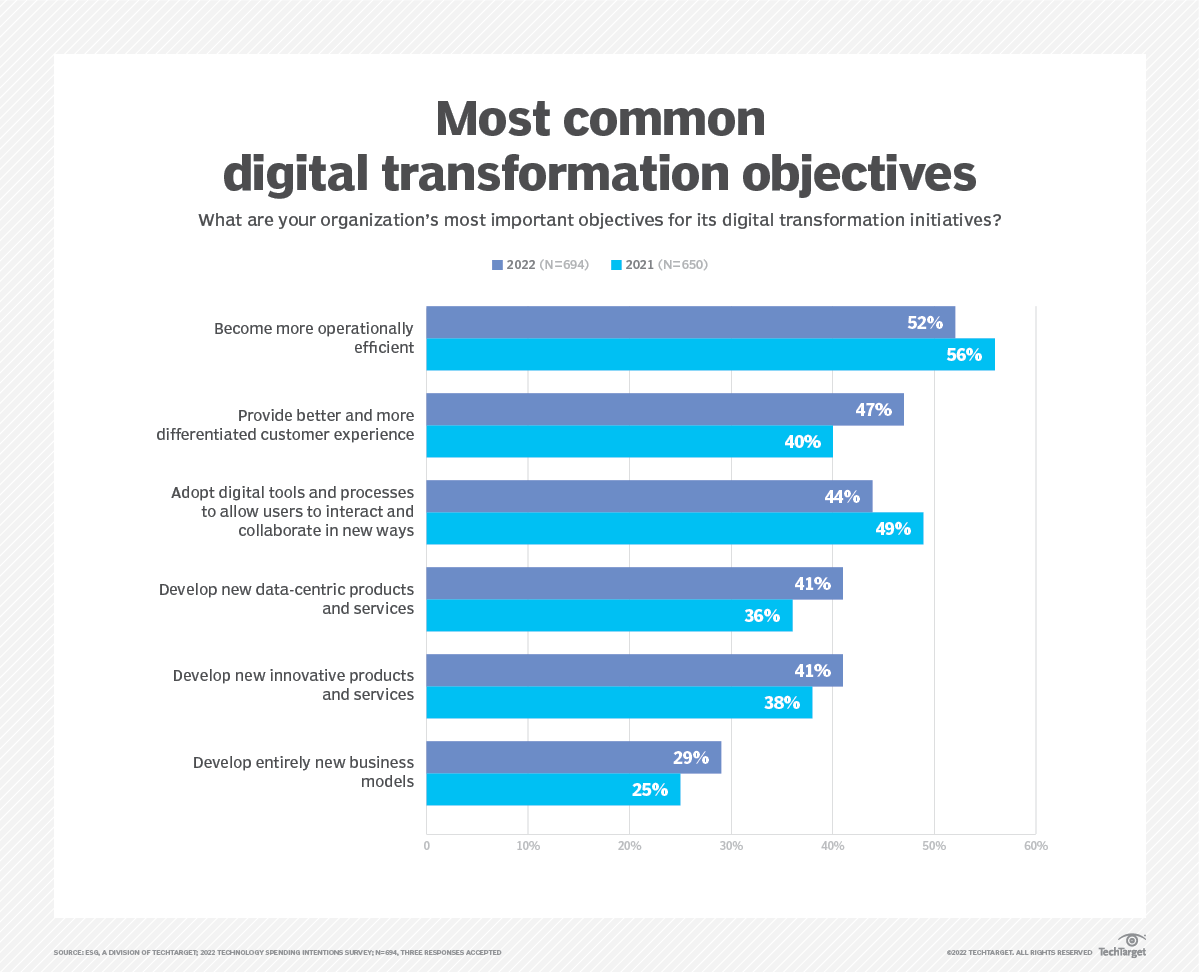
Microsoft announced today the purchase of Activision / Blizzard, creators of such game titles as World of Warcraft, Diablo, Spyro, Call of Duty, and many other titles, expanding its reach in the gaming sector significantly while also putting yet another major stake in the Metaverse ground. The deal, at $69 billion dollars, is one of the largest ever made in this space and is already sending shockwaves through both the tech and investing sectors.
I’ve been watching recently as the Web 3 meme continues to be bantered about, mostly among NFT, ICO, and blockchain enthusiasts, who all believe fervently that the blockchain web will not only become the foundation for the next stage of technology but that it will also, not coincidentally, make them very wealthy in the process. That’s possible, of course, but I’d like to make the case that they are in fact missing the point completely.
Despite the fact that gaming is on a trajectory to become the largest sector of entertainment and education in the country by 2030, gaming tends to be vastly underestimated by industry analysts. Part of this is cultural – entertainment, in general, is often seen as not being serious business. Yet as the Microsoft/Activision merger illustrates, the reality is that every major component of what constitutes modern data-centric computing (including AI) started out at one point or another as part of a video game.
Machine learning and deep learning systems have driven games for more than two decades describing the agency of both mooks and monsters. Text-to-speech and speech-to-text both emerged from the need to make non-player characters more realistic, and to make interactions more seamless. Long before you had pictures of doctors exploding hearts in 3D in order to see what’s wrong with them in near real-time, you had game designers trying to do the same thing with complex 3D puzzles in exotic temples. Coordinating potentially millions of people in hyper-realistic worlds simultaneously has been the goal of game companies for years. Recently, when I was looking to buy a house, I did a 3D walkthrough of several properties, all inspired by the need for gamers to create realistic environments without having to render everything in an environment (and thus were HDRI born as both backgrounds and lighting sources).
For that matter, every Bitcoin and Ethereum token ever minted owes its existence to game-based currencies dating back decades, including the need to control production and the need to redistribute currency that has become too concentrated in a given player’s hands, unbalancing the local economy (something that the current crop of crypto periodically runs into). Every augmented reality system started out originally as a way of passing contextual information to the player, and the mechanics for doing so today are, at least at a conceptual level, remarkably similar to what was addressed by game designers thirty years ago. For that matter, the world of IoT owes a debt to flight simulators, and for that matter, SimCity and Civilization. Indeed, simulations were among the first forms of games,
I worked, for a while, as an editor for a gaming magazine publisher. It was not at all uncommon for me to look up from my cubicle to see people dressed up in-game character fuzzy suits or barely-there warrior maiden outfits, usually as part of some promotion for the latest video game hitting the shelves, long before “cosplay” was a thing (at least in Silicon Valley). It’s easy, given that, to underestimate games as being “kids stuff”, especially when you’re standing before a deep-pocketed investor trying to pitch your next software idea. However, the reality is that ultimately reality is pretty boring, and we need to stop trying to justify that there is world-changing value in every piece of software that we develop when there usually isn’t. Perhaps another way of putting it is that we need to stop undervaluing frivolity and playfulness as motivations for creating meaningful software and hardware.
So, why is gaming the next wave of the web? Look around! We have learned to connect from point to point, through unified communication channels like Zoom and Teams, we’ve learned how to query the web, to publish to the web. The next stage, however, is something that human beings LOVE to do – we want to play with other people. We want to be Lara Croft, or Dr. Who, or Hercules Poirot, or D’Artagnan. We want to not only tell stories, but immerse ourselves in them, because real life is very stressful, and is far easier to handle as Batman or Harley Quinn than as Kurt Cagle, an overweight, aging writer/editor.
I believe that the Metaverse, that Web 3, will ultimately end up becoming far more comprehensive than most of the fairly limited views of it I’ve seen discussed in the press, but it’s also worth understanding what it’s not. Many use cases that I’ve heard are uninspiring, such as seamless financial transactions, as opposed to mostly seamless transactions, or better security on your house that can already be achieved today. I likely do not want to be bombarded by advertisements for businesses that I pass while driving (or even walking). I think that the ability to query resources is good, but not at the expense of operational security, and while I expect that mostly driverless vehicles (including drones) will become the norm, the impediments that I see there are primarily regulatory in nature, not technological.
I also suspect that drones will continue to have operators into the 2050s or longer because most use cases for a drone involve the transport of something relatively valuable (including the drone itself) and that autonomous vehicles only work in extremely well-controlled settings. Now, I’d be all for a robot that folds the laundry and puts it away. I also believe that the future transactional model will not be micropayments but subscription-based, partially because almost no consumer-facing micropayment system has actually survived real life, and people prefer fixed-cost (or at least predictable) payments.
No, the metaverse will succeed for the same reason that people travel – they want to explore new worlds. They want to have new experiences, even if only vicariously, they want to experiment, to push themselves mentally (or physically), and they want to live beyond themselves. They want to be part of a narrative. Some, though not all, want to create that narrative as well, want to build the worlds, or shape the characters, or compose the scores, and the metaverse may very well give them the opportunity to do so that would be beyond them in real life. If a cure for cancer comes out of this, that’s great, but ultimately, I believe that the power (and the peril) of the metaverse is that it offers a means to escape from a world that is increasingly depressing and dreary for all too many, or a new canvas upon which to explore alternatives.
Kurt Cagle
Community Editor,
Data Science Central
To subscribe to the DSC Newsletter, go to Data Science Central and become a member today. It’s free!
DSC Editorial Calendar
DSC is looking for editorial content specifically in these areas for February, with these topics having higher priority than other incoming articles.
- Solid and Decentralized Federated Graphs
- GPUs
- Personal Knowledge Graphs
- Universal Augmented Reality
- Javascript and AI
- UI, UX and AI
- GNNs and LNNs
- Digital Twins
- Digital Mesh
DSC Featured Articles
- Internet of Robotic Things : Robotics and Intelligence Evolving to Make the New Era
NikitaGodse on 18 Jan 2022 - Atom Computing Tech Perspectives: 2022 Quantum Computing Tech Predictions
Rob Hays on 18 Jan 2022 - 5 Features Of Employee Scheduling Software For Your Team
Evan Morris on 18 Jan 2022 - From Excel to Visualization via Ploomber
Michael Ido on 17 Jan 2022 - Why Microsoft Power BI Is Among The Most Popular Business Analytics Tools
- ImensoSoftware on 17 Jan 2022
- CDO Challenge: Providing Clear “Line of Sight” from Data to Value
Bill Schmarzo on 17 Jan 2022 - DSC Weekly Digest 04 Jan 2022: Can Machine Learning Do Symbolic Manipulation?
Kurt Cagle on 17 Jan 2022 - Top 12 Software Development Trends in 2022 You Must Watch Out
Avani Trivedi on 17 Jan 2022 - Notable enterprise data trendsetters, 2002 – 2022
Alan Morrison on 17 Jan 2022 - An Easy Way to Understand the Back-Propagation Algorithm
ajitjaokar on 17 Jan 2022 - The Evolution of Smart City Tourism
Stephanie Glen on 16 Jan 2022 - Healthcare Robots On the Horizon For Patient Care
PragatiPa on 16 Jan 2022 - Neat R Plots with the Cairo Graphics Library
Vincent Granville on 16 Jan 2022 - Trends Towards 2022
Kurt Cagle on 16 Jan 2022 - 4 VR and Online Card Games Gaining Popularity for 2022
Evan Morris on 16 Jan 2022 - DSC Weekly Digest 11 January 2022: Houston, We Have Lift-off
Kurt Cagle on 15 Jan 2022 - A Framework for Understanding Transformations: Part I
Howard M. Wiener on 15 Jan 2022 - Mastering the Data and Analytics Innovation Index
Bill Schmarzo on 12 Jan 2022 - How Virtual Reality Is Shaping The Future Of These Four Industries
Evan Morris on 12 Jan 2022 - Intelligent Gateways Applications For Greenfield and Brownfield Environments
DineshBhol on 12 Jan 2022 - Metahealth: Coming to a Doctor’s Office Near You?
Stephanie Glen on 11 Jan 2022 - Why a Data Science Career Is Worth Pursuing
KathieAdams on 10 Jan 2022 - Using DSC News Feeds
Kurt Cagle on 05 Jan 2022 - Can OTT platforms succeed with machine learning services? An insight
DivyeshAegis on 05 Jan 2022
Picture of the Week


